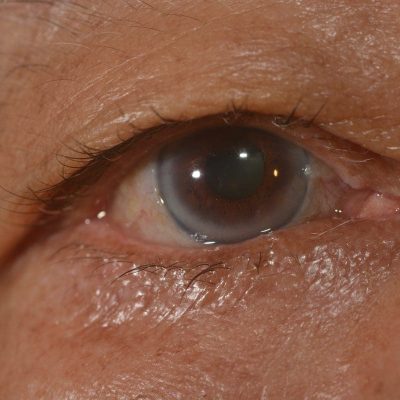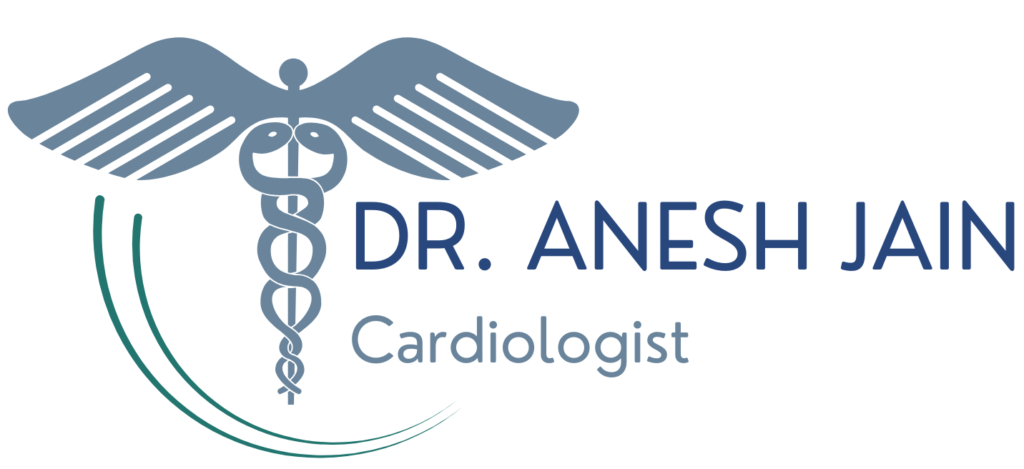The Top 7 Warning Signs You Need to See a Cardiologist
Importance of Heart Health in Adults
The incidence of cardiovascular diseases is increasing in our daily practice & more number of patients are getting admitted with cardiac issues. Cardiovascular diseases include heart attacks, paralysis or stroke, and peripheral vascular diseases.
There is a lot of research focused on these disorders and it has been proven consistently that these catastrophic events can be prevented if detected and treated in time. Patient inertia in seeking treatment for these disorders is one of the major factors in long term suffering from these diseases.
The body will usually give certain warning signs before such events take place. It would be wise to see a Cardiologist directly in such situations as corrective treatment can be initiated directly. I have listed a few of them below :
1) Chest Pain:
Chest pain, tightness, or burning sensation in the chest, pain that radiates to the arm, jaw, back, or neck and increases with exertion and gets relieved on rest, or if the symptoms are persistent at rest and last for more than 20 minutes, is an indication of a heart attack.
Some patients may also experience vomiting or sweating along with it. If you have such symptoms or see someone experiencing similar symptoms, it is time to reach the nearest hospital and see a cardiologist.
Related: How to Stop Heart Attack: Preventive Measures & Lifestyle Changes
2) High Blood Pressure:
A persistently high blood pressure not getting controlled with medications is a cause for concern, as hypertension is one of the leading causes of heart attacks and strokes. It is wise to consult a cardiologist if you are on more than two medications for controlling your blood pressure.
Related: How to Stop Taking Blood Pressure Medication Safely
3) High Cholesterol levels or a strong Family History of heart problems:



There are certain signs that your body shows if you are suffering from high cholesterol levels. These are medically called Arcus Senilis (a white margin along the iris of the eye), an ear lobe crease, or yellowish deposition on the upper corner of the eyes (known as Xanthelasma).
A strong family history of heart problems, especially in parents or siblings, is an indicator of being in constant touch with a cardiologist. Apart from this, a simple cholesterol test (Lipid Profile) being abnormal is an indicator to meet a cardiologist and get yourself thoroughly evaluated.
High cholesterol levels can be genetic and should be addressed, as they can be easily treated and potentially save your life.
4) Shortness of Breath:
This is a highly underrated and underreported symptom, especially in the elderly. To get breathless while doing your routine activities or while climbing a flight of stairs and having to stop your activity in between to catch your breath is a warning sign of an under-lying cardiac issue.
Some people get breathless even when they lie down, which is a sign to contact a cardiologist immediately. Shortness of breath, which is disproportionate to the physical activity you are doing, is a sign of a heart problem.
5) Dizziness, giddiness, or Fainting:
It is believed that these symptoms of fainting or near fainting are related to the brain, and many patients as well as general practitioners would refer such patients to a neurologist. However, fainting occurs when there is a temporary decrease in blood supply to the brain, and more often than not, it is related to the heart.
If someone is having such symptoms as fainting, giddiness, or syncope, it is better to consult a cardiologist at the earliest.
Related: Angiography vs. Angioplasty: Which is Right for You?
6) Fluttering or Racing Heart Beats or Palpitations:
Palpitations are an uncomfortable feeling of one’s own heartbeat. It can happen in cases of fast or slow heart rates. If this symptom keeps recurring or is associated with giddiness, it is a warning sign to consult a cardiologist.
7) Swelling in the legs, ankles, or feet:

This indicates an excessive retention of salt & water in the body. Swelling on the legs can be due to a lot of factors, one of which can be a decrease in the pumping capacity of the heart. A swelling which doesn’t disappear in the morning after waking up from a sound sleep in the night indicates a need to consult a cardiologist.
If you experience any of the above symptoms, it is wise to consult a cardiologist. It is always a good idea to be in touch with a cardiologist for regular checkups & monitoring of heart health. If you have any of the risk factors for a cardiac ailment, it is helpful to be in follow up of a cardiologist.
Conclusion
In conclusion, recognizing the signs of a heart attack is crucial for timely and effective intervention, which can be lifesaving. The seven signs we’ve discussed are key indicators that should never be ignored. If you or a loved one experiences any of these symptoms, it is imperative to seek medical attention immediately.
Knowing when to see a cardiologist is equally important. Consulting with a renowned specialist like Dr. Anesh Jain, the best cardiologist in Pune, can provide peace of mind and expert care.
Dr. Jain’s extensive experience and dedication to heart health make him an excellent choice for anyone concerned about their cardiovascular well-being. Booking an appointment with Dr. Anesh Jain could be your first step towards a healthier heart and a longer, more vibrant life.
Don’t wait for symptoms to escalate—early detection and prompt medical advice are the keys to preventing serious complications.










How To Stop Heart Attack: Preventive Measures
July 16, 2024[…] Related: 7 Warning Signs You Need to See a Cardiologist […]
How To Stop Taking Blood Pressure Medication Safely
July 27, 2024[…] Related: Top 7 Warning Signs You Need to See a Cardiologist […]
Angiography Vs. Angioplasty: Which Is Right For You?
July 27, 2024[…] Related: The Top 7 Warning Signs You Need to See a Cardiologist […]
What Causes Heart Attacks At A Young Age?
September 12, 2024[…] Related: 7 Warning Signs You Need to See a Cardiologist […]